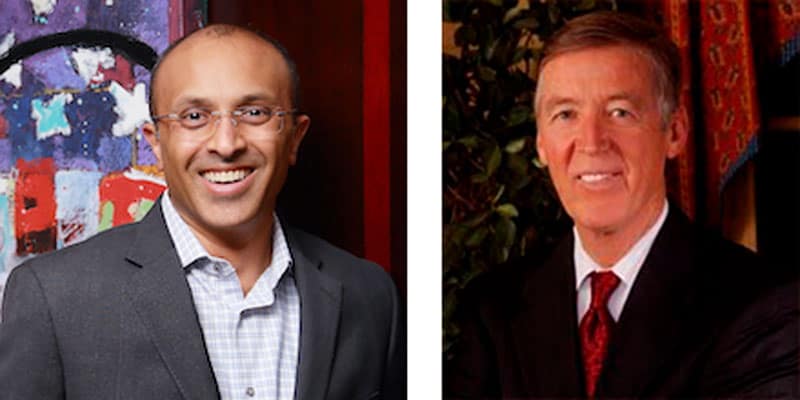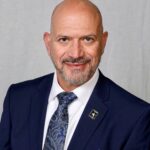Drs. Mayoor Patel and Terry Bennett look into the connection between orofacial pain, sleep apnea, and better sleep patterns for their patients.
 by Mayoor Patel, DDS, MS, D.ABDSM, and Terry Bennett, DMD, D.ABDSM
by Mayoor Patel, DDS, MS, D.ABDSM, and Terry Bennett, DMD, D.ABDSM
As dental professionals, we are well aware of the impact oral health has on our patients’ overall well-being. However, it is essential to recognize that oral health extends beyond the boundaries of a healthy smile. Growing research has shed light on the intricate relationship between pain and sleep, revealing a compelling connection that demands our attention in the realm of dentistry.
Chronic orofacial pain – such as temporomandibular joint disorder (TMD) and bruxism – can significantly disrupt sleep patterns, leading to reduced quality of life for our patients. On top of that, chronic pain conditions, such as TMD, can manifest as headaches, facial pain, and discomfort in the jaw joint and surrounding muscles.
Similarly, inadequate sleep has been associated with an increased risk of various oral health conditions. By integrating dental sleep medicine into our dental practices, we can identify and address sleep disorders that may be impacting our patients’ oral and overall health. Sleep apnea, for example, is a prevalent condition that can pose significant risk to systemic health.
By integrating pain management and sleep evaluation into our practices, we can provide comprehensive care that not only targets oral health but also addresses the overall health and well-being of our patients. But expanding our practices to include craniofacial pain and dental sleep medicine services can also extend beyond improving our patients’ health and well-being. It can help us too.
Differentiate Your Practice
Incorporating the management of orofacial pain and sleep apnea into dental practices can help attract new patients and differentiate the practice from competitors. Many individuals suffering from these conditions may not be aware that dentists can play a significant role in their treatment. By offering these specialized services, dentists can expand their patient base and provide value-added services that set their practice apart.
It is important to note that dentists should pursue additional education, training, and certification in the management of orofacial pain and sleep apnea to ensure they have the expertise and skills to provide optimal care.
Less Impact on Medical Resources
Dentists who help manage patients’ orofacial pain and sleep apnea can also experience a host of other benefits. For one, you get to see patients experience an improvement in their pain. In turn, that can restore their well-being because they no longer have to suffer from pain or miss out on sleep. Additionally, there is less impact on medical resources for chronic pain sufferers. We know that those who suffer from chronic pain continue to seek out resources and relief through health care services. But with dentists screening and treating orofacial pain, there will be less use of medical resources such as seeing a doctor for medications that don’t work or multiple imaging tools.
Now is the time to take charge of your dental practice to offer further resources for patients with orofacial pain or sleep apnea. It will not only help your patients, but your practice too.
Want to learn more, please join our mini residency at Tufts: http://bit.ly/439e0Lm
For an interesting look at how behavioral patterns can affect orofacial pain, read Behavioral Treatment of Sleep Problems for Orofacial Pain Patients at https://dentalsleeppractice.com/behavioral-treatment-of-sleep-problems-for-orofacial-pain-patients/.



